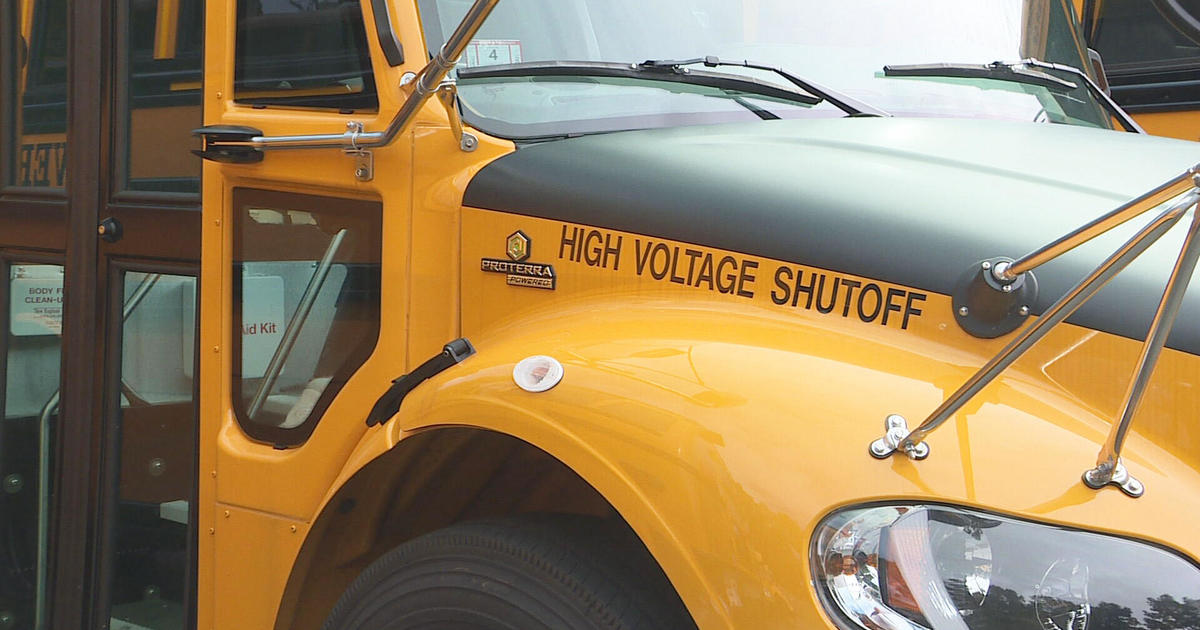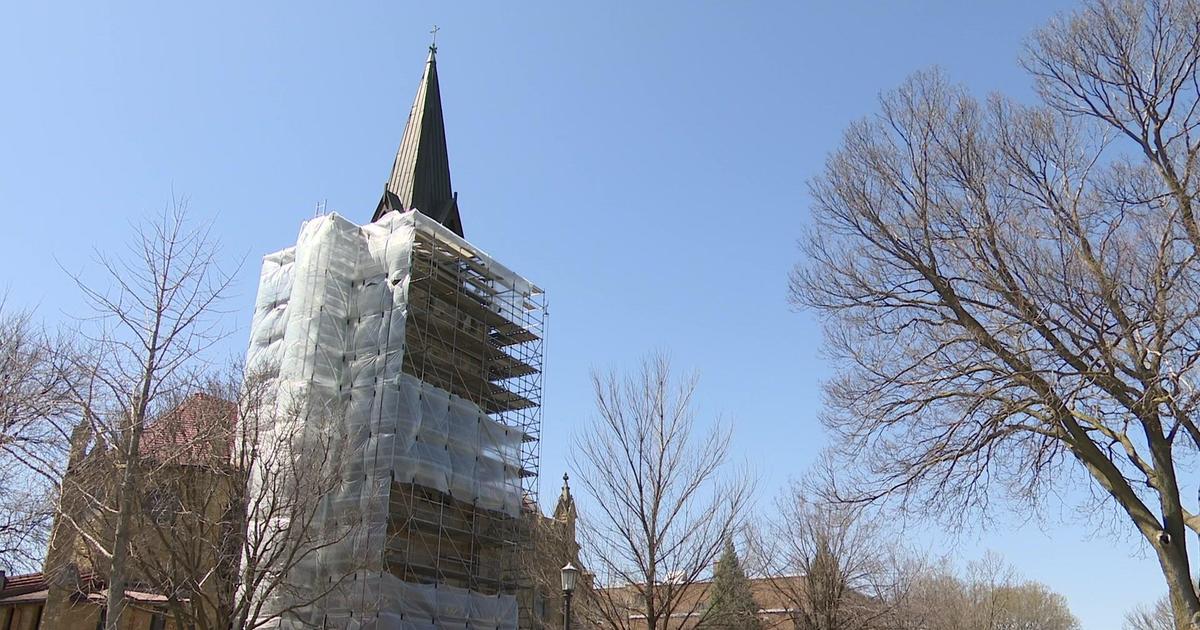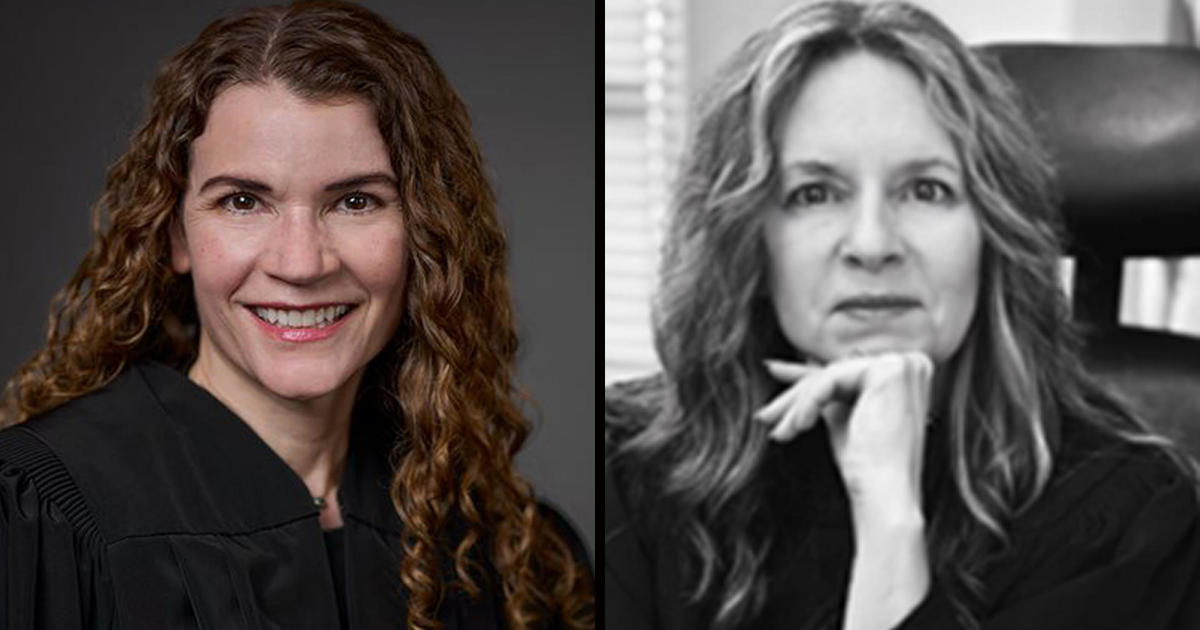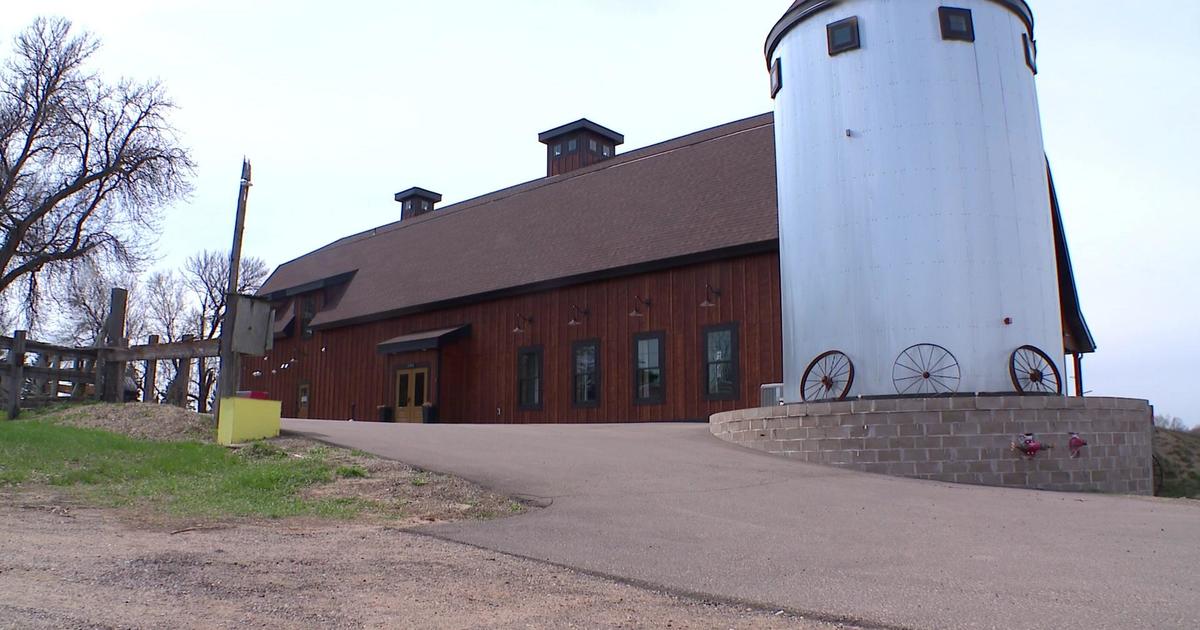Good Question: Just Who Gets Secret Service Protection?
MINNEAPOLIS (WCCO) -- A new report from the Inspector General of Homeland Security found it took the Secret Service a year to replace a broken alarm system at former President George H.W. Bush's home.
The Secret Service is responsible for protecting all former presidents and their spouses.
So, who else do they protect?
By law, the Secret Service protects the president and his family, the vice president and her family, the president-elect and his family and the vice president-elect and her family.
Former presidents and their spouses also get lifetime protection. A spouse will lose a Secret Service detail if he or she gets remarried. Children of former presidents under the age of 16 are also covered.
The Secret Service was created in 1865 to investigate counterfeit money. At the time, it was estimated between one-third and half of all money in the U.S. was counterfeit.
In 1894, President Grover Cleveland asked for part-time protection at his vacation home, but it wasn't until after President McKinley was shot in 1901 that the commander-in-chief was protected full-time.
"At that point, it probably starts to look like maybe presidents deserve a little bit of security," Hamline political science professor David Schultz said.
After Robert F. Kennedy's assassination in 1968, Congress authorized protection of "major" presidential and vice presidential candidates and nominees within 120 days of the general election. According to 18 United States Code § 3056, "major" candidates are those identified by the Secretary of Homeland Security and an advisory committee.
Heads of state and their spouses, foreign dignitaries and official representatives of the United States conducting special missions abroad also travel with the Secret Service. Some Cabinet members in the presidential order of succession, U.S. Senators and members of Congress receive protection.
The president can also designate protection for someone through an executive order. For security reasons, the Secret Service doesn't share specifics.
"If we were to ask the Secret Service bureau who gets the protection and who doesn't, they're not going to tell us," Schultz said.
The Secret Service is also in charge of security for huge special events, like presidential inaugurations and national political conventions.



